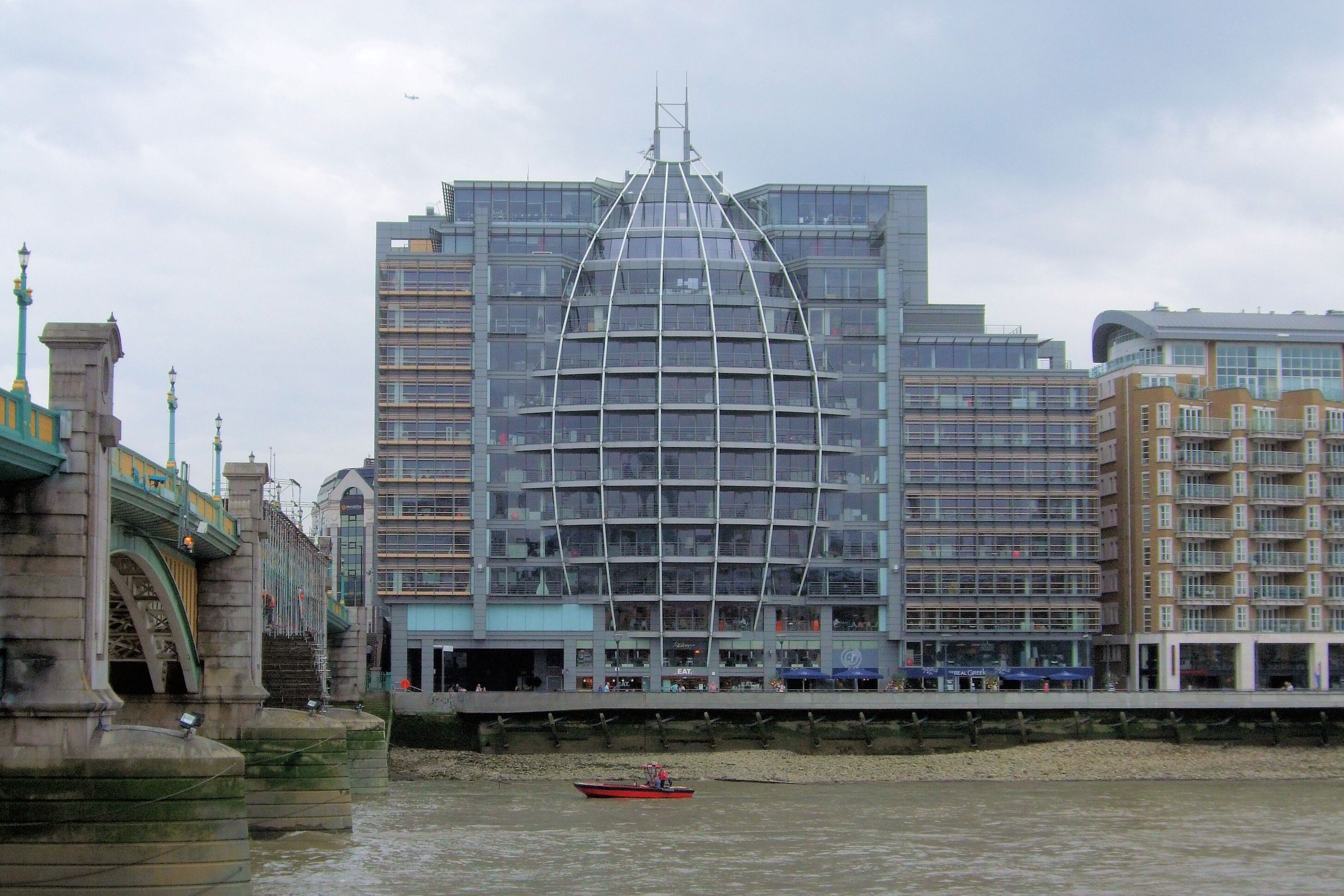Last week, UK media regulator Ofcom published a paper on the future of public service media in the UK. The aim is to propose a PSM system viable for the digital future.
By Sally-Ann Wilson, CEO, Public Media Alliance
The assertion that audience habits are changing as people seek content online and via streaming services isn’t new news. This is a case of regulation playing ‘catch up’ with the reality of public service broadcasters who have been innovating for two decades to become multi-platform, public service media. This means that the core values of public broadcasting: independence, accountability, accuracy, diversity, universality and transparency remain at the centre of their new digital offerings.
UK media outlets such as The Guardian have reported that there needs to be a ‘radical shake-up’ of the UK’s public service broadcasting system so that it can further adapt to maintain its long-term relevance and viability. In this paper Ofcom makes several proposals and suggestions for a revision of the broadcasting regulatory framework in order to make the UK PSM system more relevant for the rapidly evolving media landscape.
While the review may propose opportunities for public media to become more financially stable, relevant and reach all audiences, Ofcom must ensure that, first and foremost, it protects the key principles of public media.
Many of the proposals will need careful consideration if they are not to damage those fundamental principles. The Public Media Alliance is already aware that public media organisations worldwide are increasingly looking to greater collaboration – with each other and with commercial players and cultural institutions – to strengthen their role and reach. But while alternative financial models, including full or part subscription funding, may hold initial appeal there must be adequate research both in the UK and internationally before any decisions are made that might irreparably damage the UK model that has been so successfully replicated worldwide. In terms of other platforms streaming public media content, there needs to be plurality in any media landscape, but it must be recognised that public media is about far more than producing high quality content.
But while alternative financial models, including full or part subscription funding, may hold initial appeal there must be adequate research both in the UK and internationally before any decisions are made that might irreparably damage the UK model that has been so successfully replicated worldwide.
A 14 week consultation on the paper has now opened and the Public Media Alliance will contribute to this important discussion ahead of Ofcom’s submission to the UK Government. The debate about the future of public media extends far beyond a discussion about TV entertainment provision in the UK, it’s also a discussion about the future of news and information that underpins democracy.
Header Image: Riverside House, Bankside, London. Home of OFCOM offices. Credit: Jim Linwood/Creative Commons
Related Posts
10th November 2020
New Advisory Panel appointed to shape the future of PSB in the UK
PMA has significant concerns about a…
12th August 2019
Ofcom report and public service broadcasting
Last week the UK regulator released its…

